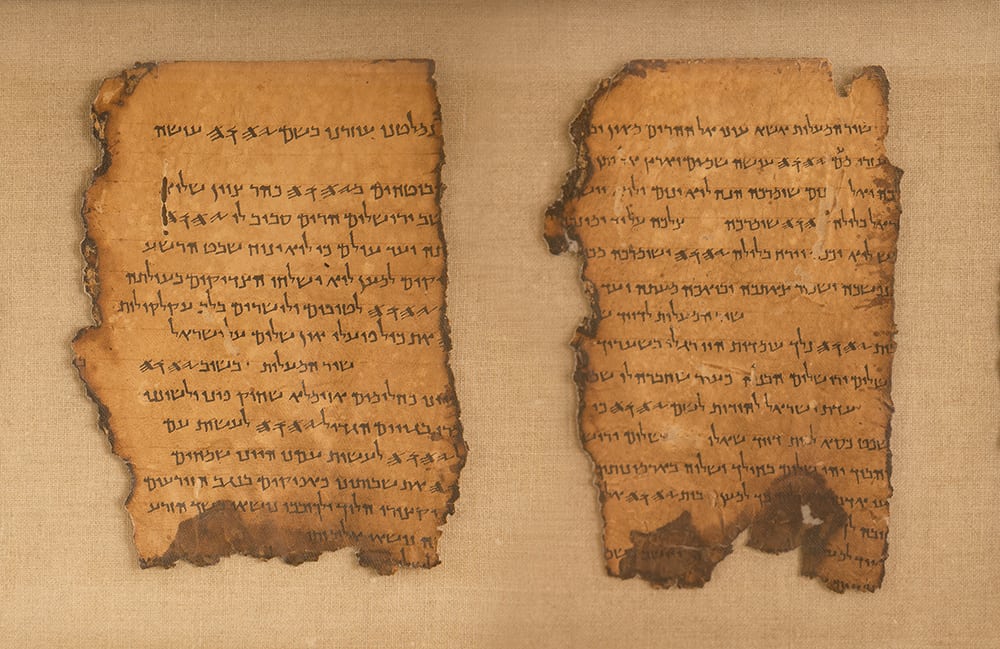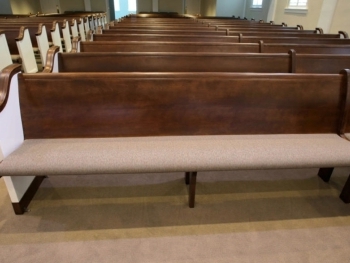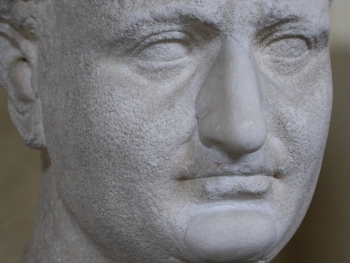The discovery of the Dead Sea Scrolls in the mid-20th century was one of the most significant archaeological finds of all time. These ancient documents, which date back over 2,000 years, contain some of the earliest known versions of the Hebrew Bible as well as a wealth of other texts related to Judaism and early Christianity. Today, the Dead Sea Scrolls continue to offer valuable insights into the beliefs and practices of the people who lived during this important period in history.
The Dead Sea Scrolls were discovered by a Bedouin shepherd in 1947, in caves near the Dead Sea in modern-day Israel. Over the following years, more scrolls were found, bringing the total number to over 900 documents. The scrolls were written in Hebrew, Aramaic, and Greek, and include copies of many Old Testament books, as well as texts related to Jewish law, history, and philosophy.
One of the most interesting aspects of the Dead Sea Scrolls is their connection to early Christianity. While the scrolls themselves were written by Jewish sects such as the Essenes, many of the ideas and beliefs expressed in the texts are similar to those found in early Christian writings. For example, the concept of the Messiah, or savior, is a central theme in many of the scrolls, and there are even references to a messianic figure who will rise from the dead.
The Dead Sea Scrolls also shed light on the diversity of Jewish thought during this time period. For example, some of the texts suggest that the Essenes were strict adherents to Jewish law, while others suggest that they rejected many of the traditions of mainstream Judaism. Similarly, some of the texts seem to reflect a more mystical or spiritual approach to Judaism, while others focus on legalistic or philosophical discussions.
Overall, the discovery of the Dead Sea Scrolls has been invaluable to scholars of religion and history. The scrolls offer a window into the beliefs, practices, and debates of the people who lived during this crucial period in the development of Judaism and Christianity. They also remind us of the rich and complex intellectual and spiritual traditions that have shaped our world, and continue to inspire us today.




